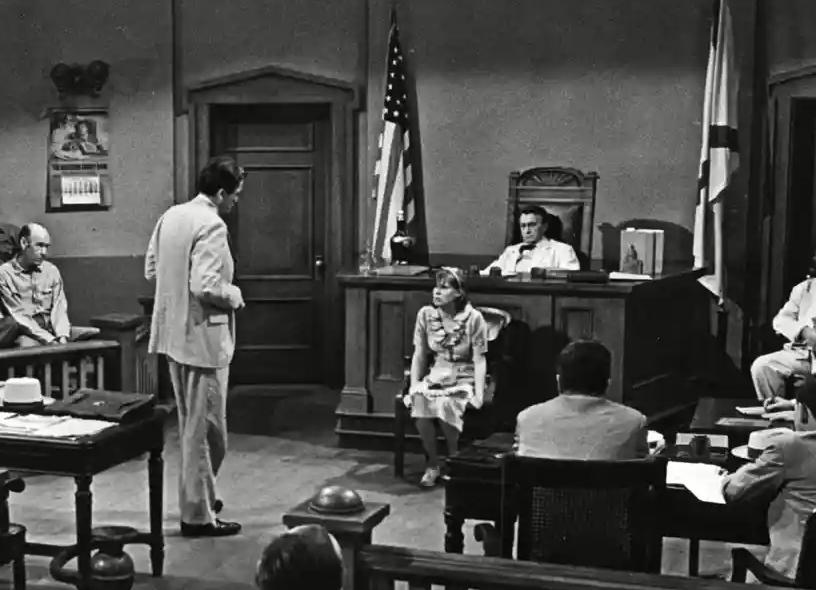When I started to practice law on my own, much of my early income came from being a court appointed attorney in criminal matters in the local state and federal courts. I was fortunate to be in a building filled with solo practitioners and small firms, where everyone helped everyone else. I was also fortunate after a few years that the City Attorney needed someone to prosecute the traffic and city misdemeanor cases, and I jumped at the opportunity. It was some of the best training I had because I was trying cases and making plea agreements every morning.
When I had a question involving the law or how to present a case, I could look in books, pick up a phone, or knock on the door of the lawyer down the hall to learn what he or she thought. Knowing the local lawyers who appeared before the local judges was helpful to me in learning how to be a better lawyer.
Local does not mean that they only practice before one court or judge but rather that they know the courts, judges, magistrates, and clerks of court in nearby jurisdictions. In some situations, knowing the clerk of court and his or her staff is more important than knowing the judge, as the clerk’s office is the doorway to the court.
In Alexandria, the judge who heard most of the traffic cases also heard criminal matters, if the chief judge assigned them to him on a certain day. The other judge, Judge Colby, primarily did the traffic docket, but when he had the criminal docket, he was known to have any number of what we called “Colby” deals. They usually involved drug charges or shoplifting charges.
With drug felony cases that were before him for preliminary hearings, he would often allow the defendant to plead guilty to a misdemeanor drug charge with a suspended jail sentence under the condition that he or she receive drug treatment and not obtain any new charges. With shoplifting cases that were a first offense, he would give the defendant a suspended finding of guilt and ultimate dismissal conditioned on his or her uniform good behavior for a year.
A lawyer who did not practice often in our jurisdiction might not have known of the “Colby” deals and in the process not obtain the best outcome for his or her client. The lawyer’s knowledge both of the law and the court in which the case is pending are important considerations.
Telling the lawyer the truth from the outset is also important. When I was a young lawyer, a veteran attorney told me to listen closely to my client’s story the first time, as it often never got any better. His suggestion to me held true many times.
In deciding about a lawyer to hire in either a criminal or civil matter listen to the advice of others but also make sure that you are comfortable with your decision. Ask questions to be sure you want to hire the person to whom you are talking.
If you are without funds to hire an attorney in a criminal matter, you will receive a public defender. They can have a heavy caseload themselves so be prepared when you meet with them to be forthcoming about what happened, because sending them down a road that is filled with bad or misleading information will not help you in the long run.
Thanks for reading. Please be in touch.
Judge Rideout is the former Chief Judge of the Alexandria, VA Juvenile and Domestic Relations District Court (1989-2004). From 2004 until the present he has consulted in different states to support their efforts to improve their child welfare systems. From 2016 to early 2021, he was the Ward 1 Commissioner on the Cambridge City Council. Throughout his career, he has been an advocate for improving the lives of children in his and other communities. He can be reached at [email protected]



Bob Moores says
Judge Rideout, Your statement “Telling the lawyer the truth from the outset” rang a bell. In Jeffrey Toobin’s book, The Run of His Life; The People v. O.J. Simpson, Mr. Toobin, in interviewing Simpson’s defense team, found that the first thing they wanted to know, in order to present the best defense, was did he commit the two murders or not. O.J. admitted that he killed his ex-wife Nicole Brown Simpson and her friend Ron Goldman.
I understand and agree with the principle that every person deserves the best legal defense he or she can muster. However, what upset me the most was when attorney Alan Dershowitz, on TV after the innocent verdict was returned, bragged about how his team had outperformed the inept LA prosecution team. Societal justice was never an issue; winning the game was everything. Although Mr. Dershowitz was right that his team had outperformed the prosecution, should that have been an overt source of pride?
As a lawyer and judge, should ethics (conscience) be a consideration in a lawyer’s decision on taking a case, or is that secondary to the first principle mentioned above? Your thoughts?